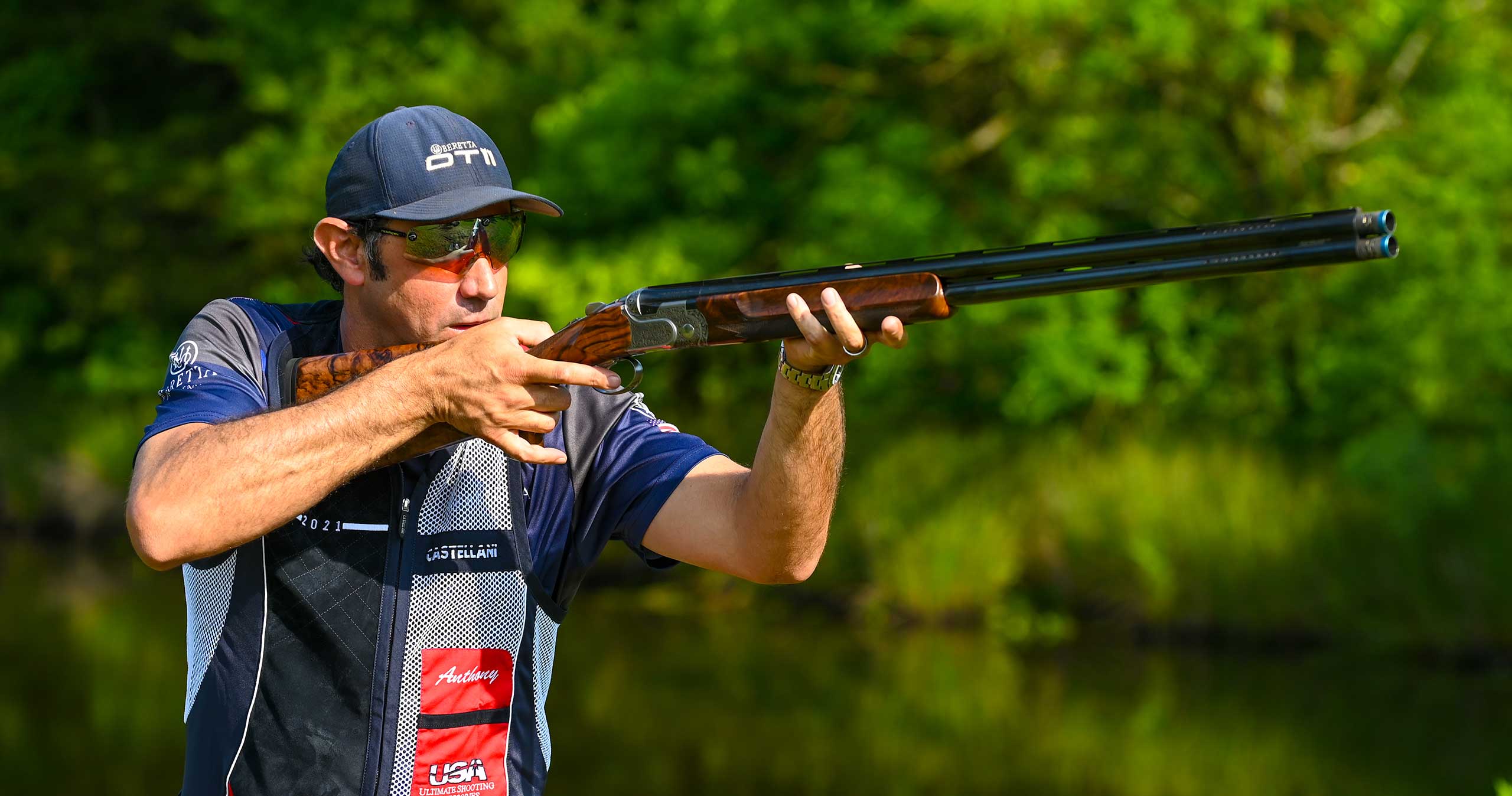Whenever I meet a new student, I make certain to ask about goals. Some people just want to hit a few more targets at the range, or take home a few more ducks in the fall. There’s nothing wrong with that.
I also get a fair number of people who say they want to be a Master class competitor, an All-American, or a national champion. I can help them reach that level, but if they can’t understand and accept the realities implicit in their goal, they’re going to be frustrated. Let me explain.
If a new shooter wants to reach Master class, I can help them get there in about two years if they put in the time and effort. Getting that shooter to be competitive at that level will take several more years, and there will be peaks and valleys along the way. They’ll shoot high 80s or low 90s on the local level, but they won’t do as well as they expect at bigger tournaments.
Many people in that situation get discouraged. Sometimes, they quit competing altogether.
The problem is not the goal. It’s the expectation.
Those shooters are expecting too much at that point in their shooting career. Could they ultimately achieve their goal? Quite possibly, but their expectations should be realistic.
If you fail to reach your goal, perhaps you should reassess your expectations. What did you expect to accomplish? Was that realistic, given your level of ability and experience? Did you position yourself to accomplish those goals? Why did you fall short? Lack of effort? Lack of preparation? The answers will help you grow as a shooter.
I’d also urge you to base your goals and expectations not on winning but on performance. You can shoot the best round of your life and still not win, because someone else shot an even better round. Should you be disappointed? Not if you shot up to your expectations. You did everything you could to put yourself in position to win, and that’s the only thing you can control.
When people start shooting often don’t know how far they want to go in the game. Many of them jump in, showing up every weekend to shoot, getting instruction, and entering tournaments—the whole deal.
At the start, it’s easy to improve, because as you shoot you gain experience. You’re seeing more target presentations, and you think that you just might be pretty good at this game. Then you start hitting plateaus, and it gets harder to meet your expectations.
At that point, you must consider the variables that determine a shooter’s success and ability to achieve goals.
The first variable is the ability to practice. Some people can get out and shoot 100 targets a month while others can shoot 1,000 targets in a week. They won’t have the same expectations—or at least, they shouldn’t. You can’t expect to achieve a goal if you didn’t sufficiently prepare.
If you’re a recreational shooter and your goal is to beat your buddies when you get together once or twice a month, it might be enough to get a lesson or two to ensure you have the proper fundamentals, then practice a couple times a month. If you want to start shooting registered targets, that might be good enough too.
But if you want to advance through the classes, you need to do more. That might include shooting at different clubs, working on problem targets, maybe another lesson or two.
If your goal is to do well at a big tournament, then you’ll need to shoot more and work on the targets that you expect to see at that competition. Simply running through your local course more frequently may not help at all.
Sometimes my students come to me after a tournament and tell me how they didn’t shoot to their expectations. They have every excuse in the world—they ate something that didn’t agree with them, they had annoying squad mates, they shot in terrible conditions, the targets were unfair.
I rarely hear anyone admit that they simply hadn’t done the work that would have put them in position to succeed. If you don’t do the work, don’t expect much.
This article is adapted from Anthony I. Matarese Jr.’s new book “Straight Shooting: A World Champion’s Guide to Shotgunning.” It is available through his website



0 Comments